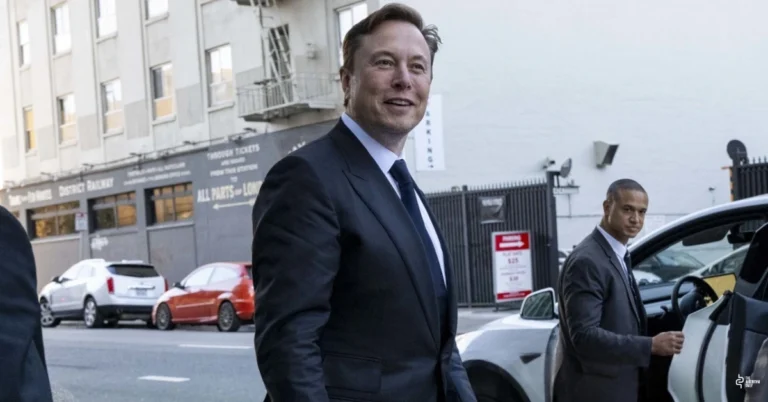OpenAI has decided to maintain its nonprofit status after a wave of internal and external pressures. Sam Altman, CEO of the company, announced the decision in an email to staff, assuring them that OpenAI would not transition into a for-profit entity, a move that had been strongly urged by investors seeking greater financial returns. Despite this pressure, OpenAI has chosen to stay true to its founding philosophy of prioritizing societal benefit over shareholder profits.
This decision comes after a significant period of instability, including a 2023 incident where Altman was briefly fired by the board, leading to a revolt among staff and a subsequent reversal. The board’s dismissal of Altman had raised concerns about the company’s governance, with many fearing it could jeopardize OpenAI’s mission. In response to investor demands for a more traditional business model, OpenAI had previously proposed becoming a public benefit corporation (PBC) with a focus on profitability. However, this plan faced significant opposition, particularly from AI safety advocates and co-founder Elon Musk, who argued that such a shift would betray the nonprofit’s original intentions.
READ MORE: Meet the Startup Behind OpenAI’s $500 Billion Stargate Data Center
Under the revised plan, OpenAI will allow its for-profit arm to generate profits but will ensure that it remains under the oversight of the nonprofit board. This adjustment aims to balance the need for financial sustainability with the company’s commitment to AI safety and societal benefit. OpenAI’s major investors, including SoftBank, have expressed their concerns about the structure, with SoftBank specifically conditioning its $30 billion investment on OpenAI adopting a more traditional for-profit model. However, Altman remains firm in his belief that this new approach will enable the company to continue making rapid and responsible progress.
The decision also reflects the reality of the massive financial resources required to build and sustain AI systems. OpenAI’s models, including its widely popular ChatGPT, have driven a dramatic increase in computing power demands. The company, now valued at $300 billion, has raised record amounts of funding, with SoftBank’s contribution being a major part of this. While this funding is crucial for OpenAI’s ambitious plans, Altman has acknowledged that the company’s initial vision did not foresee the need for such vast sums to support its operations.
Ultimately, OpenAI’s commitment to remaining a nonprofit with a focus on AI safety, despite the pressures from investors, is a significant moment in the company’s evolution. It signals that the company is striving to stay true to its founding principles while addressing the financial and operational challenges of building cutting-edge AI technologies. As the AI landscape continues to evolve, OpenAI’s decisions will likely serve as a benchmark for other companies navigating the delicate balance between innovation, ethics, and profitability.




